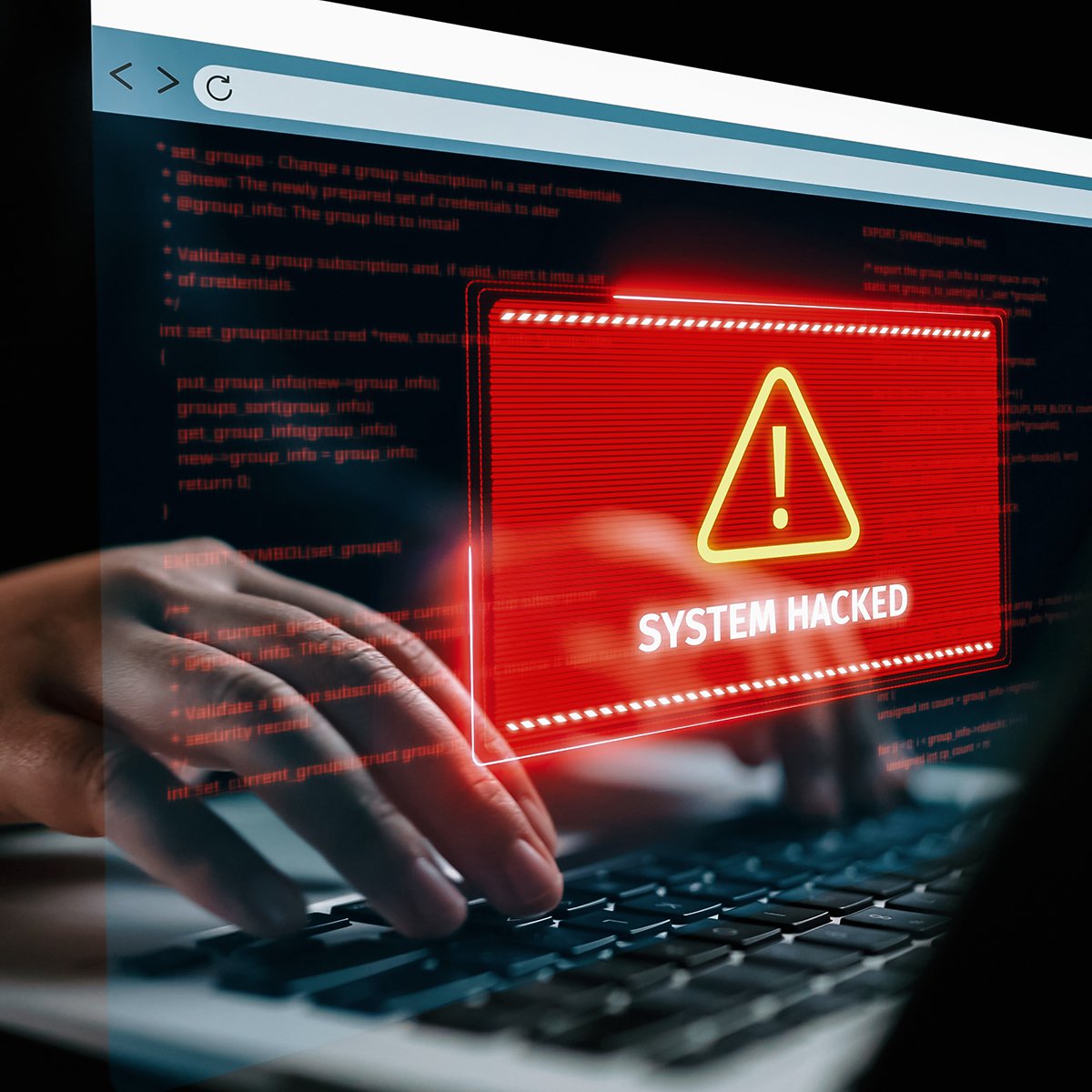
In an increasingly interconnected world, cybersecurity has become one of the most critical aspects of modern digital life. Businesses, individuals, and governments rely on secure digital environments to conduct daily operations, communicate sensitive information, and safeguard critical infrastructure. As cyber threats evolve, the need for robust cybersecurity measures becomes paramount. For professionals in the field, becoming a trusted expert means not only providing technical solutions but also building confidence in those who rely on their services.
The digital age has revolutionized the way we live and work, but it has also brought about new vulnerabilities. Cyberattacks, data breaches, and ransomware incidents are on the rise, targeting both large corporations and small businesses, as well as individual users. Hackers are becoming increasingly sophisticated, utilizing advanced techniques like phishing, malware, and social engineering to infiltrate systems and steal valuable information.
The cost of cybercrime is staggering. According to recent reports, cybercrime could cost the world over $10 trillion annually by 2025. Beyond the financial toll, the loss of trust and reputation for businesses can be devastating. For individuals, a single breach can result in identity theft, financial loss, and long-term damage to their personal security.
Firewalls act as the first line of defense in preventing unauthorized access to a network.
The Importance of Cybersecurity
For cybersecurity professionals, technical expertise is just one part of the equation. Building trust is essential to becoming a “Trusted Cybersecurity Expert” that clients and users can rely on. Trust is the foundation upon which long-term professional relationships are built, and it is particularly crucial in a field like cybersecurity, where clients often entrust experts with sensitive and mission-critical information.

Demonstrate Competency and Knowledge Clients want to know that their cybersecurity expert is up-to-date with the latest threats, technologies, and best practices. By showcasing certifications, credentials, and continuing education, professionals can demonstrate that they possess the necessary skills and are constantly evolving to meet new challenges. Regularly sharing insights on emerging threats, industry trends, and best practices through blogs, webinars, or whitepapers can also help establish credibility.
Transparency and Communication Clear communication is key in any client relationship, but it is especially critical in cybersecurity. Clients need to understand what risks they face, what steps are being taken to protect them, and what actions to take in case of an incident. By maintaining open lines of communication, experts can build trust and ensure that clients feel informed and supported. Transparency also involves being upfront about potential vulnerabilities or weaknesses, rather than sugarcoating risks or offering false assurances.

Tailored Security Solutions Cybersecurity is not a one-size-fits-all endeavor. Each client, whether a large corporation or an individual, has unique needs, risks, and vulnerabilities. A trusted expert will take the time to understand these specific needs and offer tailored solutions rather than generic, off-the-shelf services. Customization shows that the expert is dedicated to the client’s unique situation and is willing to go the extra mile to ensure the best protection.
- Firewall Protection
- Database Security
- Personal Security Measures
Proactive Risk Management Rather than simply reacting to threats as they arise, a trusted cybersecurity expert takes a proactive approach to risk management. This includes conducting regular risk assessments, implementing preventive measures, and staying ahead of emerging threats. Clients appreciate knowing that their cybersecurity expert is always one step ahead, rather than waiting for a breach to occur before taking action.
Delivering Results and Following Through Ultimately, trust is built on results. Clients need to see that the solutions provided are effective and that their data is secure. Whether it’s preventing a data breach, recovering from a cyberattack, or enhancing overall security posture, delivering tangible results is one of the best ways to build long-term trust. Following up after an engagement to ensure continued protection and satisfaction also demonstrates a commitment to ongoing security.
Building Trust as a Cybersecurity Expert
While cybersecurity may seem like a purely technical field, the human element cannot be overlooked. Cybersecurity professionals not only protect systems and data, but they also protect people. Building trust, fostering open communication, and understanding the emotional toll of a cyberattack are all part of the human side of cybersecurity.

When clients suffer a data breach, the consequences can be deeply personal. Beyond the financial loss, the sense of violation, betrayal, and helplessness can leave lasting scars. A trusted cybersecurity expert should offer not only technical expertise but also empathy and reassurance, guiding clients through the recovery process and helping them rebuild confidence in their security systems.
As technology advances, so too do the threats posed by cybercriminals. Emerging technologies like artificial intelligence (AI), the Internet of Things (IoT), and quantum computing offer exciting new possibilities but also open new doors for cyberattacks. For cybersecurity professionals, staying ahead of the curve will require continuous learning and adaptation.
The Future of Cybersecurity
Moreover, as regulations surrounding data privacy and cybersecurity continue to evolve, experts will need to ensure that their practices are compliant with the latest standards. Building trust in the future will involve not only protecting against current threats but also anticipating and preparing for those yet to come.



In today’s digital age, cybersecurity is no longer an option—it is a necessity. For cybersecurity professionals, becoming a trusted expert is about more than just technical proficiency; it’s about building relationships, delivering results, and providing peace of mind. By focusing on communication, personalized solutions, and proactive strategies, cybersecurity experts can position themselves as reliable partners in safeguarding the digital world.
In a landscape filled with ever-growing threats, being a trusted cybersecurity expert means ensuring the protection and trustworthiness of the digital infrastructures that modern life depends on. Whether for individuals or enterprises, trust in cybersecurity is the key to a safer, more secure digital future.





Tim Roth
Curabitur gravida scelerisque nunc quis semper. Vivamus eu metus quis quam volutpat viverra ac ut odio. Phasellus volutpat tristique consequat. Nunc vitae nisl et magna rhoncus sollicitudin. Vestibulum posuere augue et nisi ultricies, vel condimentum ante consectetur. Ut at tellus a nisi dictum lobortis auctor scelerisque dui.